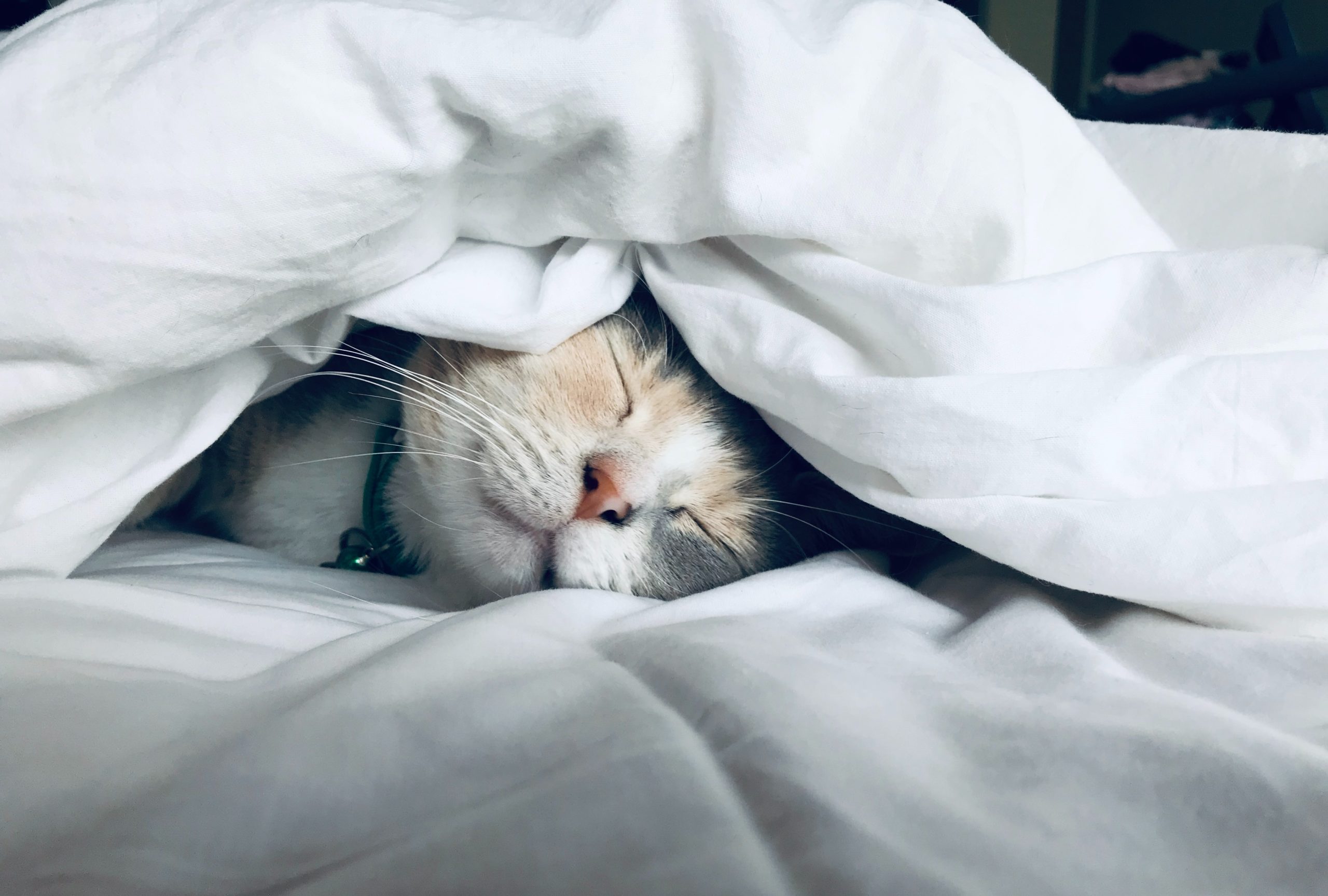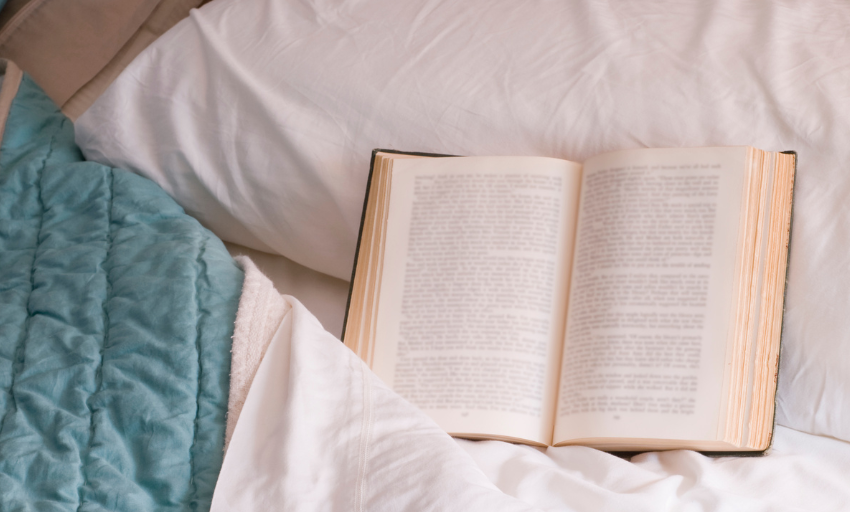How to Combat Insomnia: Expert Advice

Picture this: it’s midnight, and while the world outside is fast asleep, you’re wide awake, tossing and turning. Insomnia can feel like an uninvited guest who just won’t leave. It steals your rest and leaves you feeling drained the next day. For many people, sleepless nights have become a common struggle.
But fear not—there are ways to reclaim your peaceful slumber. Understanding what insomnia is and its causes is the first step towards finding effective solutions. Whether you’re dealing with occasional sleeplessness or chronic issues, expert advice can guide you toward restful nights filled with rejuvenation.
Understanding Insomnia
Insomnia is more than just a few restless nights. It’s a complex sleep disorder that affects millions of people worldwide. At its core, insomnia involves difficulty falling asleep, staying asleep, or waking up too early and not being able to return to slumber.
This disruption can lead to various emotional and physical issues. Chronic fatigue, irritability, and trouble concentrating are just some consequences of insufficient rest. The impact on daily life can be significant.
Insomnia can manifest in different forms—acute or chronic—often influenced by stress levels, lifestyle choices, or underlying health conditions. Understanding these nuances is essential for identifying effective strategies tailored specifically for your needs.
Recognizing the signs of insomnia is the first step toward better sleep hygiene and overall well-being. By acknowledging it as a serious concern rather than simply brushing it off as occasional sleeplessness, you open the door to finding relief.
Causes of Insomnia
Insomnia can stem from a variety of factors, both physical and psychological. Stress is a major player; daily worries can keep your mind racing long after the lights go out.
Medical conditions such as asthma, arthritis, or chronic pain often disrupt sleep patterns. Hormonal changes during menstruation or menopause may also play a role in sleepless nights.
Lifestyle choices are equally influential. Consuming caffeine late in the day or indulging in heavy meals before bed can hinder your ability to drift off peacefully.
Mental health issues like anxiety and depression frequently contribute to insomnia too. The constant swirl of thoughts can make it nearly impossible to relax.
Even environmental factors should not be overlooked—noise pollution, uncomfortable bedding, or an unsuitable room temperature may all sabotage your quest for restful slumber. Understanding these causes is essential for addressing insomnia effectively.
Expert Tips for Combating Insomnia
Establishing a bedtime routine can significantly improve sleep quality. Try to go to bed and wake up at the same time every day, even on weekends. This helps regulate your body’s internal clock.
Creating a comfortable sleep environment is essential too. Keep your bedroom cool, dark, and quiet. Invest in good-quality bedding that supports restful slumber.
Practicing relaxation techniques can also make a difference. Consider deep breathing exercises or meditation before bedtime. These methods calm the mind and reduce anxiety.
Limiting screen time an hour before sleep is crucial as well. The blue light emitted by devices interferes with melatonin production, making it harder to drift off.
Be mindful of what you consume close to bedtime. Avoid heavy meals, caffeine, and alcohol late in the evening for optimal restfulness.
A. Establishing a bedtime routine
Establishing a bedtime routine can work wonders for your sleep quality. It signals to your body that it’s time to unwind and prepare for rest.
Start by setting a consistent bedtime. Going to bed at the same time every night helps regulate your internal clock. Your body thrives on rhythm, so stick with it even on weekends.
Incorporate calming activities into your routine. This might include reading a book, sipping herbal tea, or practicing gentle stretches. Engaging in these soothing rituals eases the transition from day to night.
Limit screen time an hour before bed. The blue light emitted by devices disrupts melatonin production and keeps you alert longer than desired.
Creating this pre-sleep ritual not only prepares you psychologically but also physically enhances relaxation. Soon enough, you’ll find drifting off becomes easier with each passing night as your body learns what to expect from its routine.
B. Creating a comfortable sleep environment
A comfortable sleep environment can transform your rest. Start with your mattress and pillows. Choose ones that provide the right support for your body.
Next, consider the temperature of your room. Ideally, it should be cool and well-ventilated to promote better sleep quality. A slightly chilly space encourages deeper slumber.
Light is another crucial factor. Use blackout curtains to block outside light or wear a sleep mask if necessary. This will create an ideal darkness conducive to falling asleep faster.
Noise levels matter too—soft sounds like white noise can help mask disruptive noises from outside. Alternatively, earplugs may provide relief from disturbances during the night.
Personalize your space with calming scents such as lavender or chamomile through essential oils or candles (just remember to blow them out before sleeping). Creating this tranquil atmosphere invites relaxation and sweet dreams into your nightly routine.
C. Practicing relaxation techniques
Relaxation techniques can play a vital role in easing the mind and body before bedtime. Mindfulness meditation is one effective approach that helps you focus on the present moment, quieting racing thoughts.
Progressive muscle relaxation is another powerful method. By tensing and then relaxing each muscle group, you create awareness of physical sensations, fostering deep relaxation.
Breathing exercises also work wonders. Deep, slow breaths signal your body to unwind and prepare for sleep. Consider inhaling deeply through your nose, holding it briefly, and exhaling slowly through your mouth.
Gentle yoga or stretching can further ease tension from the day’s activities. Simple poses promote flexibility while calming the nervous system.
Incorporating these techniques into your nightly routine may help reduce anxiety and pave the way for restful slumber. Embrace them as tools to cultivate tranquility before drifting off to dreamland.
Natural Remedies for Insomnia
Natural remedies can offer a gentle approach to managing insomnia. Many people find that herbal teas, such as chamomile or valerian root, help promote relaxation before bed. These calming brews have been used for centuries to ease sleep troubles.
Aromatherapy is another powerful tool. Essential oils like lavender and bergamot can create a soothing atmosphere when diffused in your bedroom or added to a warm bath. Their scents may lower anxiety levels and enhance feelings of calm.
Incorporating magnesium-rich foods into your diet might also aid sleep quality. Think spinach, almonds, and bananas—these goodies can support muscle relaxation and overall well-being.
Consider the benefits of mindfulness meditation or gentle yoga before bedtime. Both practices encourage mental clarity while reducing stress levels, paving the way for more restful nights ahead.
When to Seek Professional Help
Recognizing when to seek professional help for insomnia is crucial. If you’ve tried various strategies without success, it might be time to consult a healthcare provider. Persistent insomnia can lead to significant health issues, including anxiety and depression.
If your sleep problems last more than three weeks or interfere with daily life, don’t hesitate to reach out for support. A doctor or sleep specialist can evaluate your situation and may recommend treatments like cognitive-behavioral therapy (CBT) or medications tailored to your needs. Remember, seeking help is a sign of strength and an essential step toward reclaiming restful nights and brighter days ahead.









